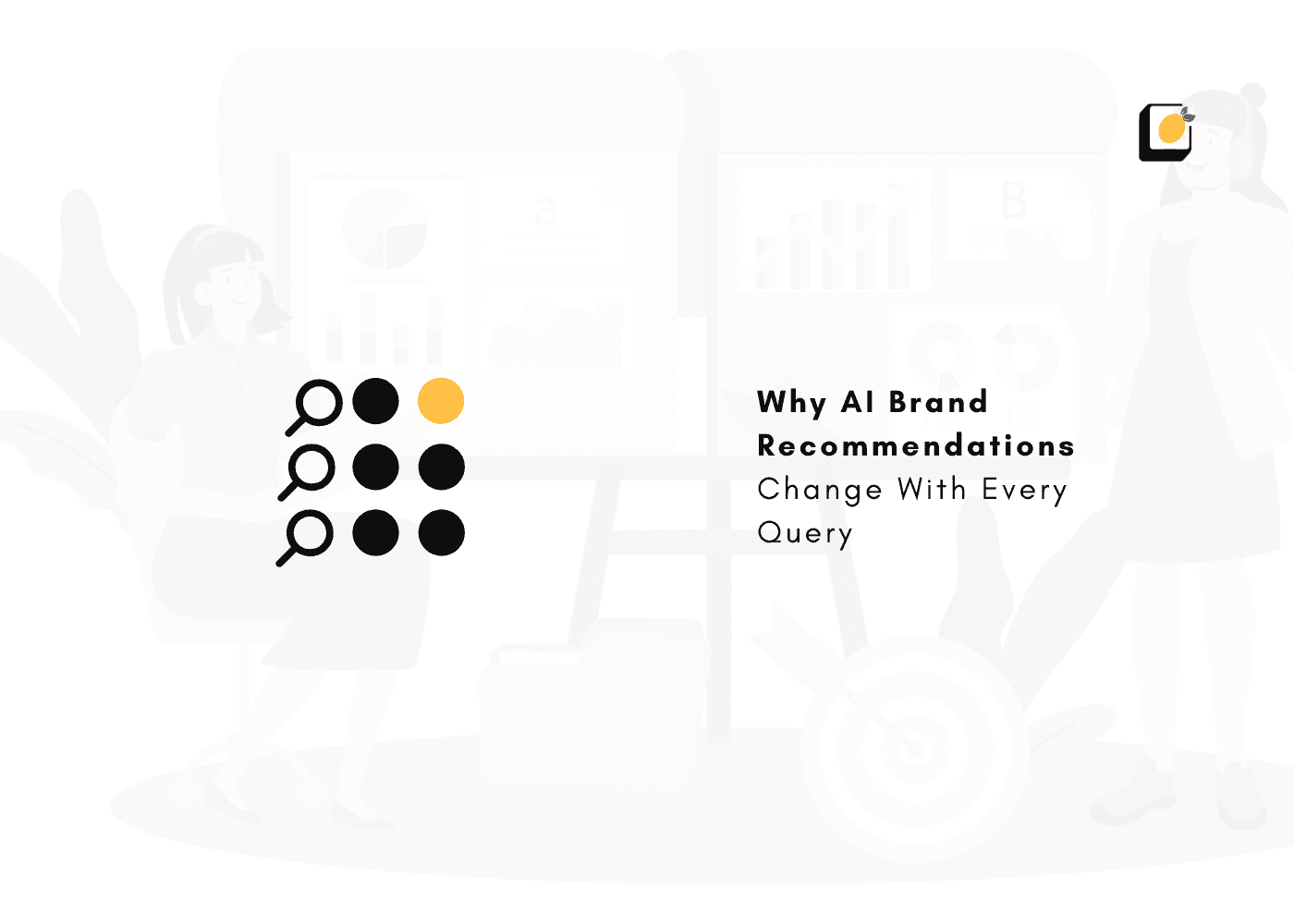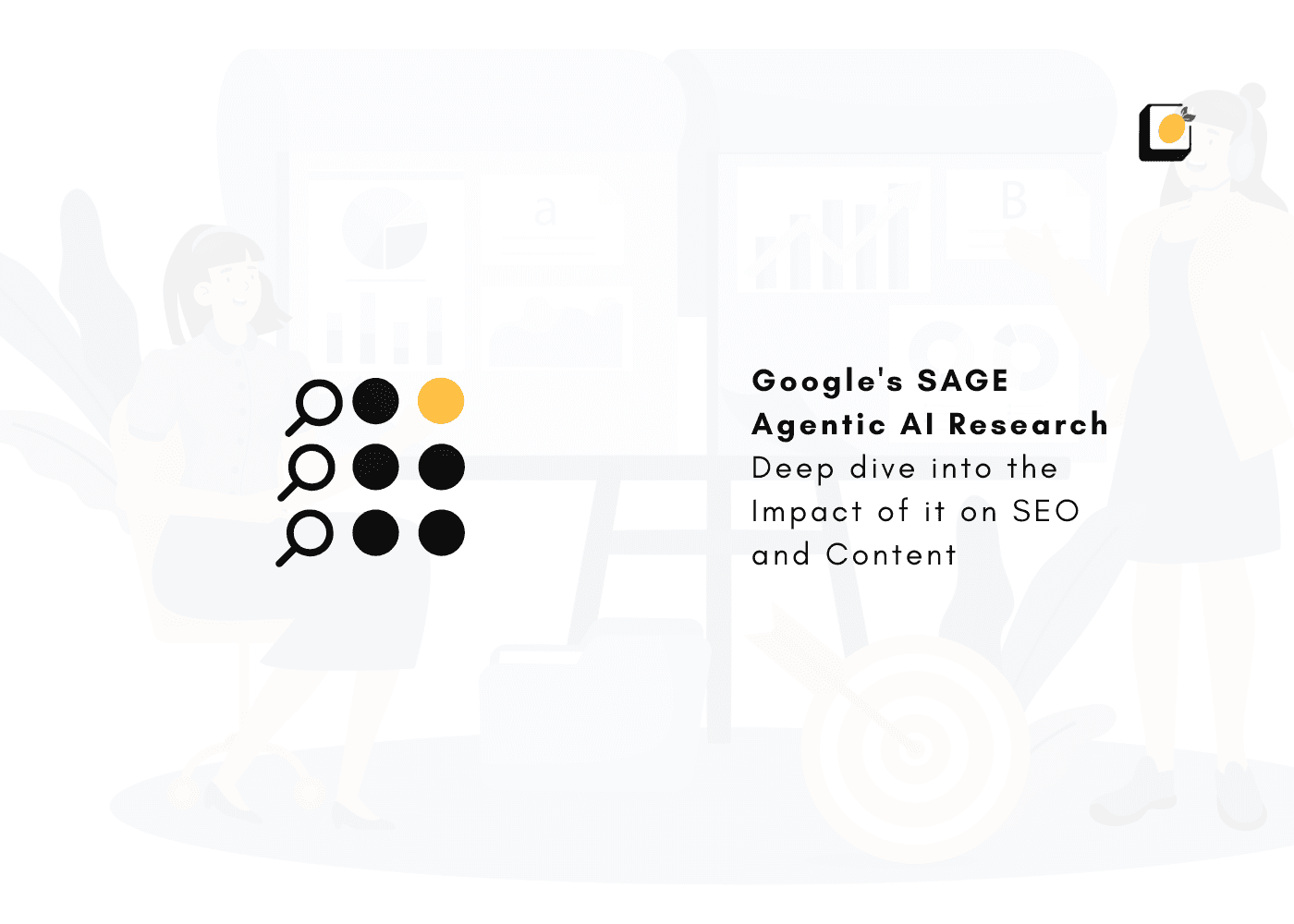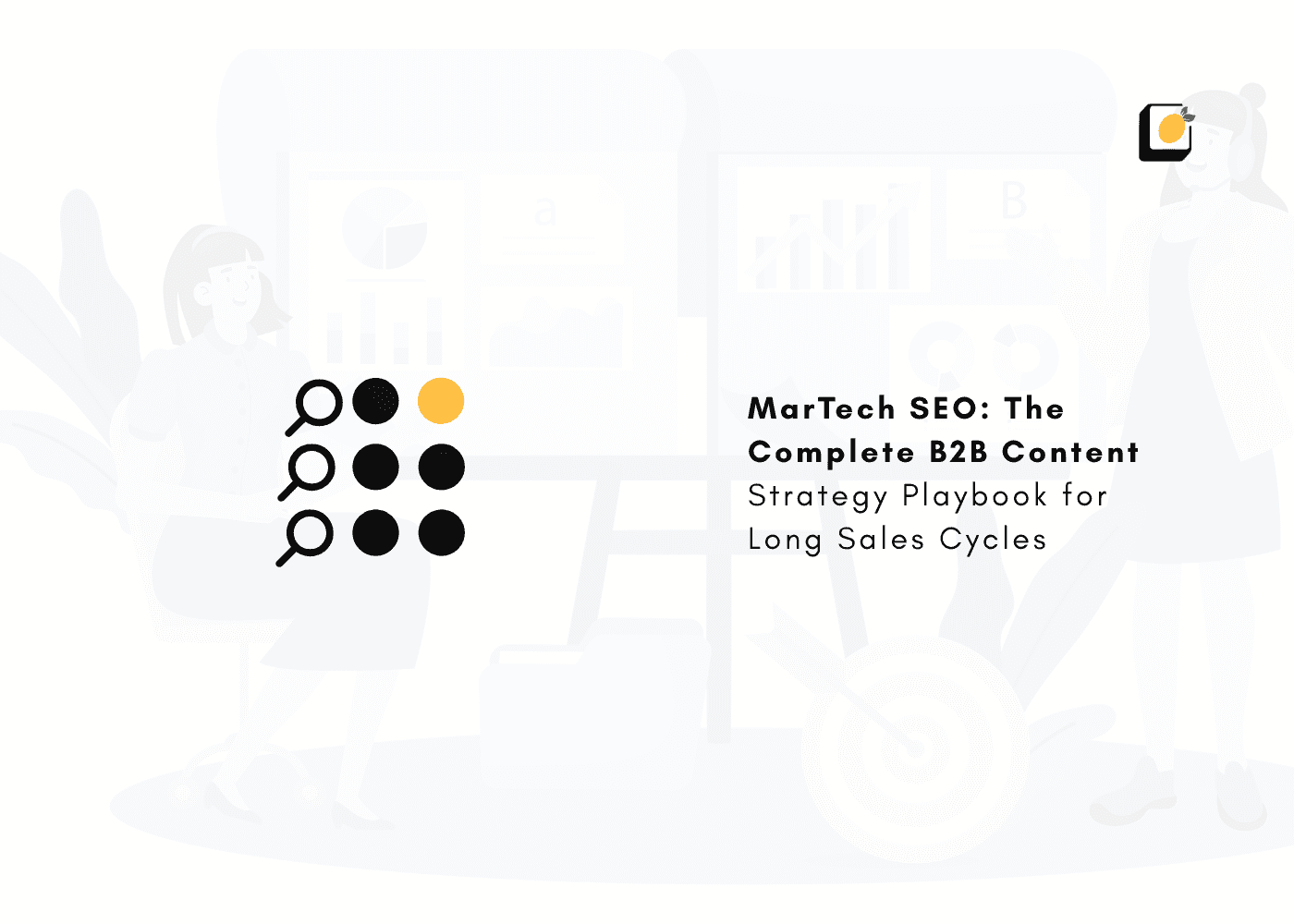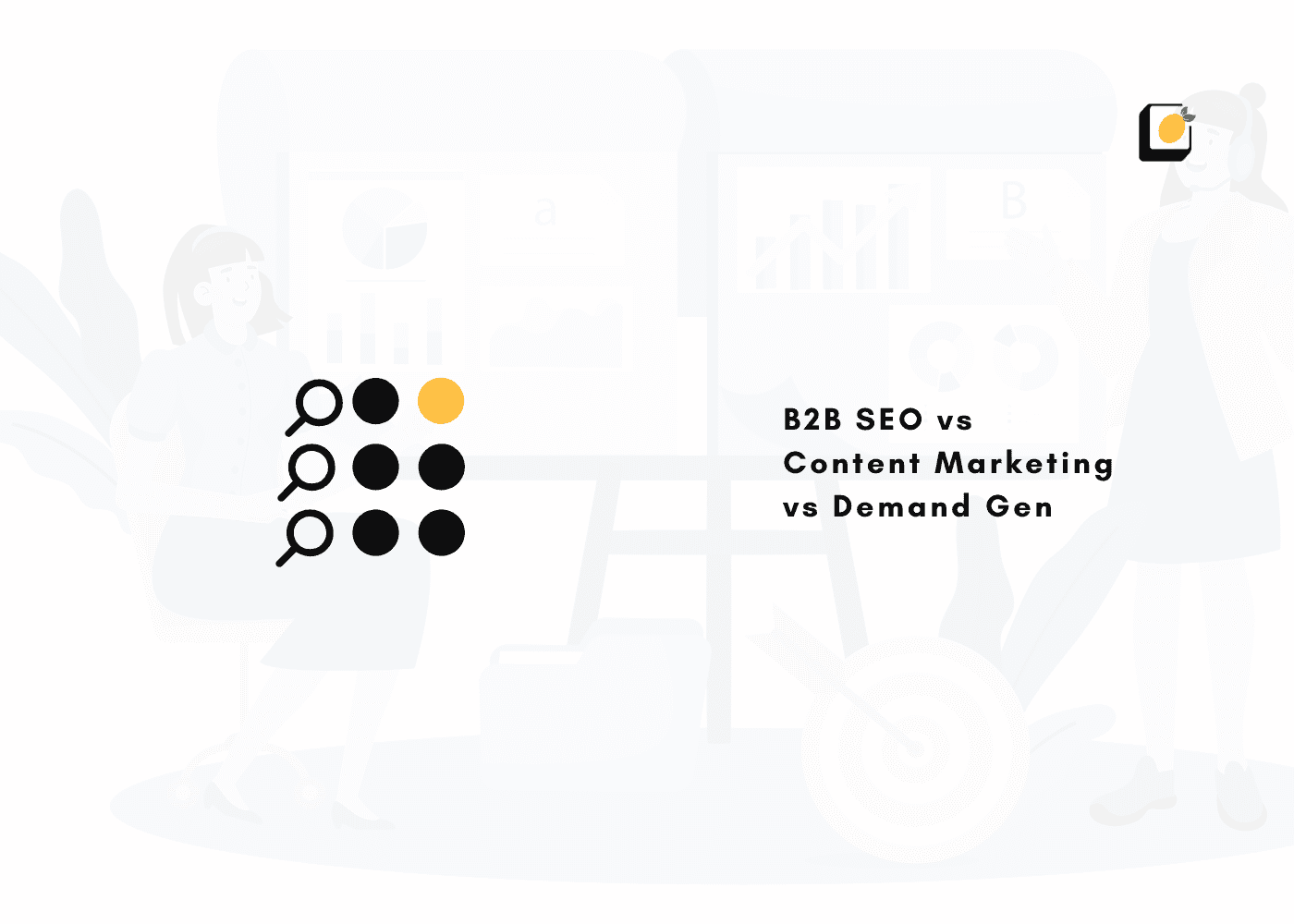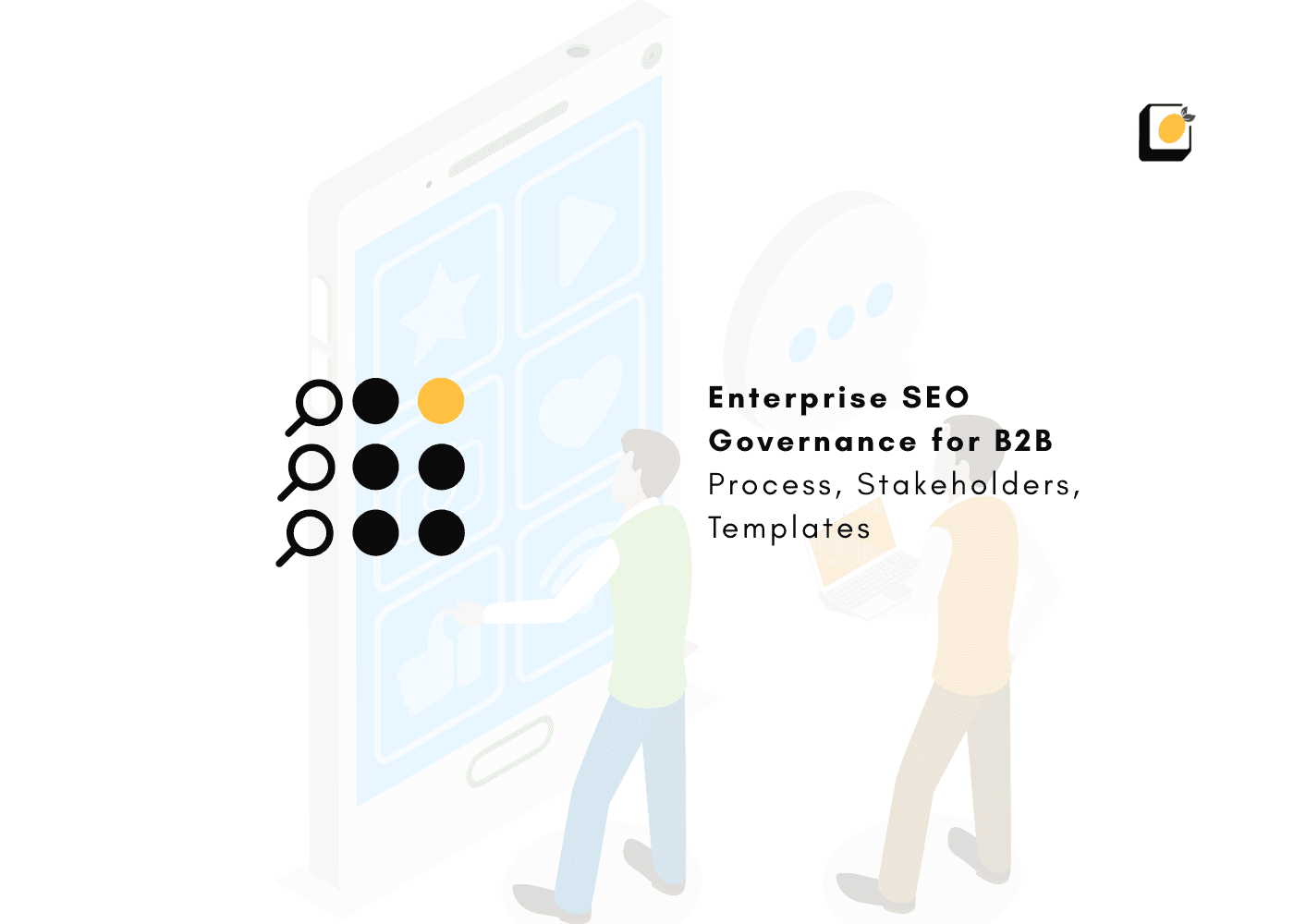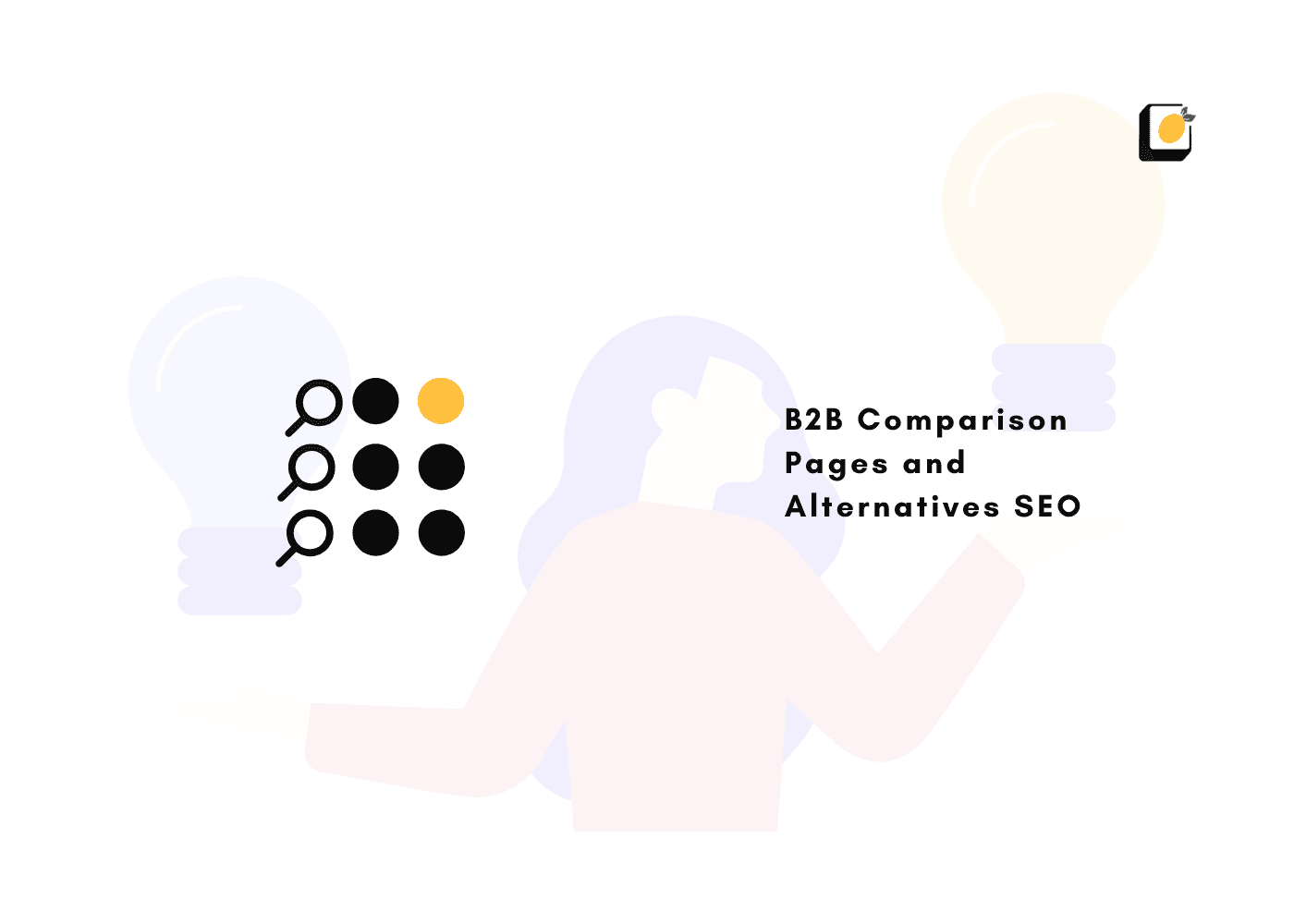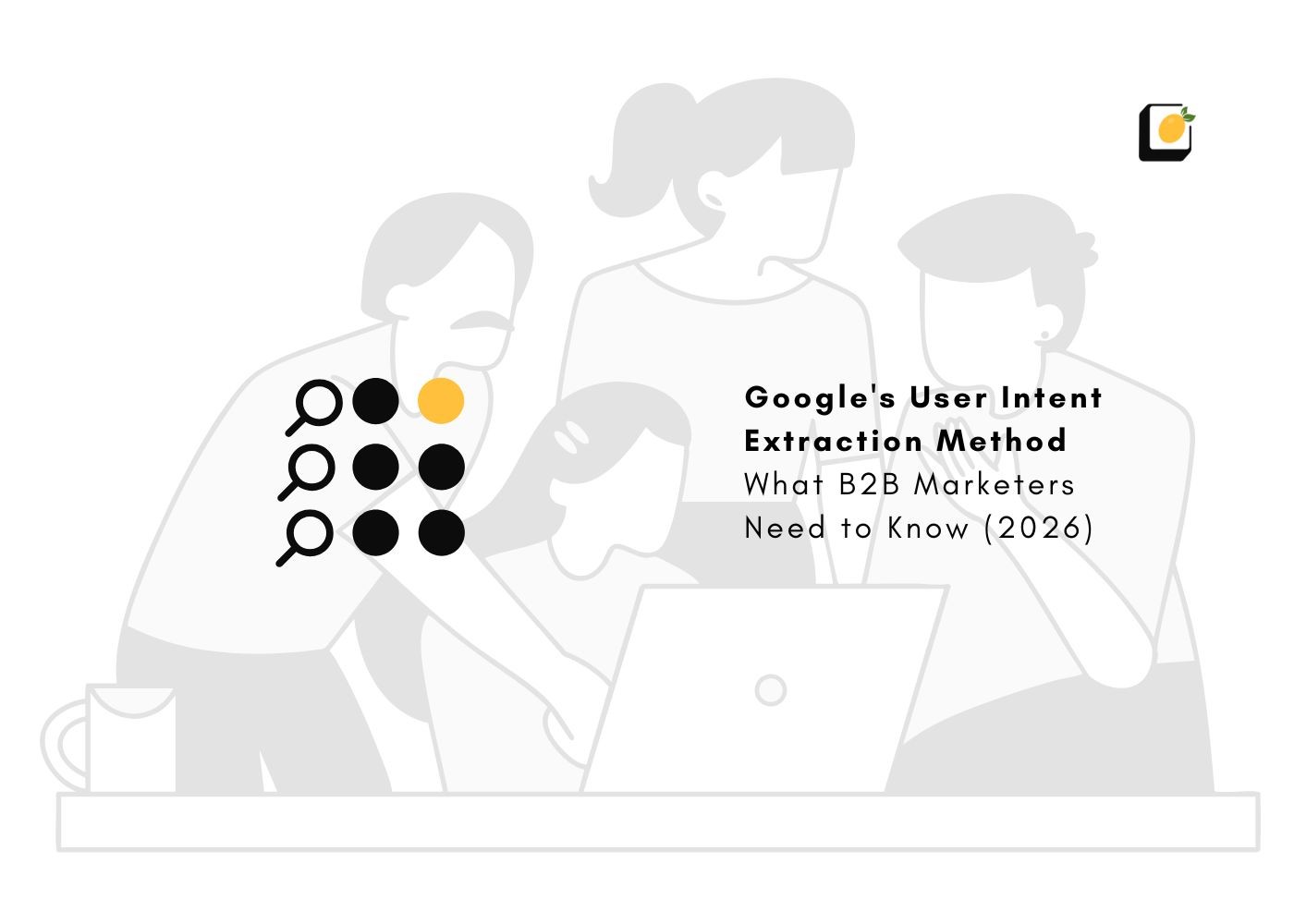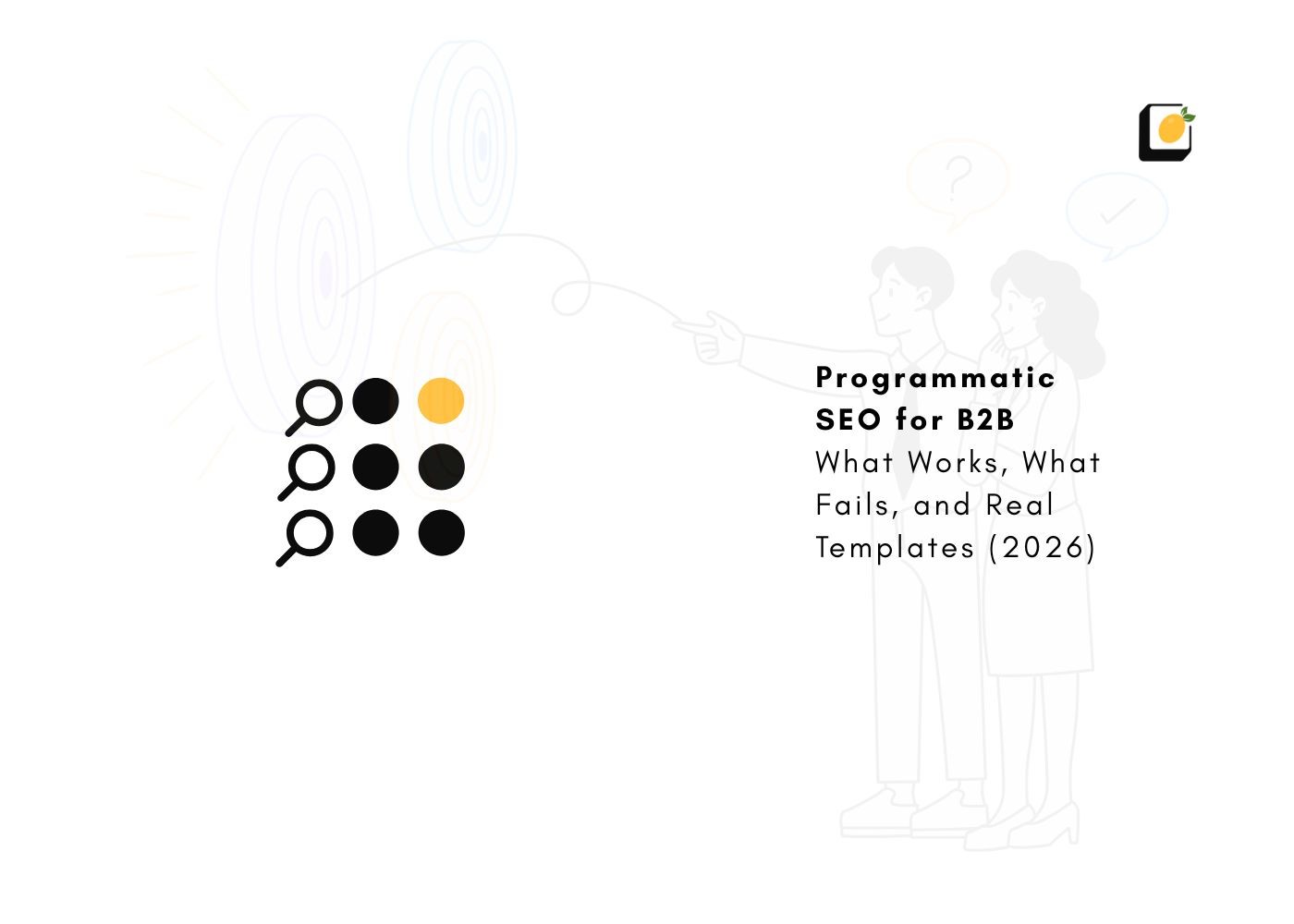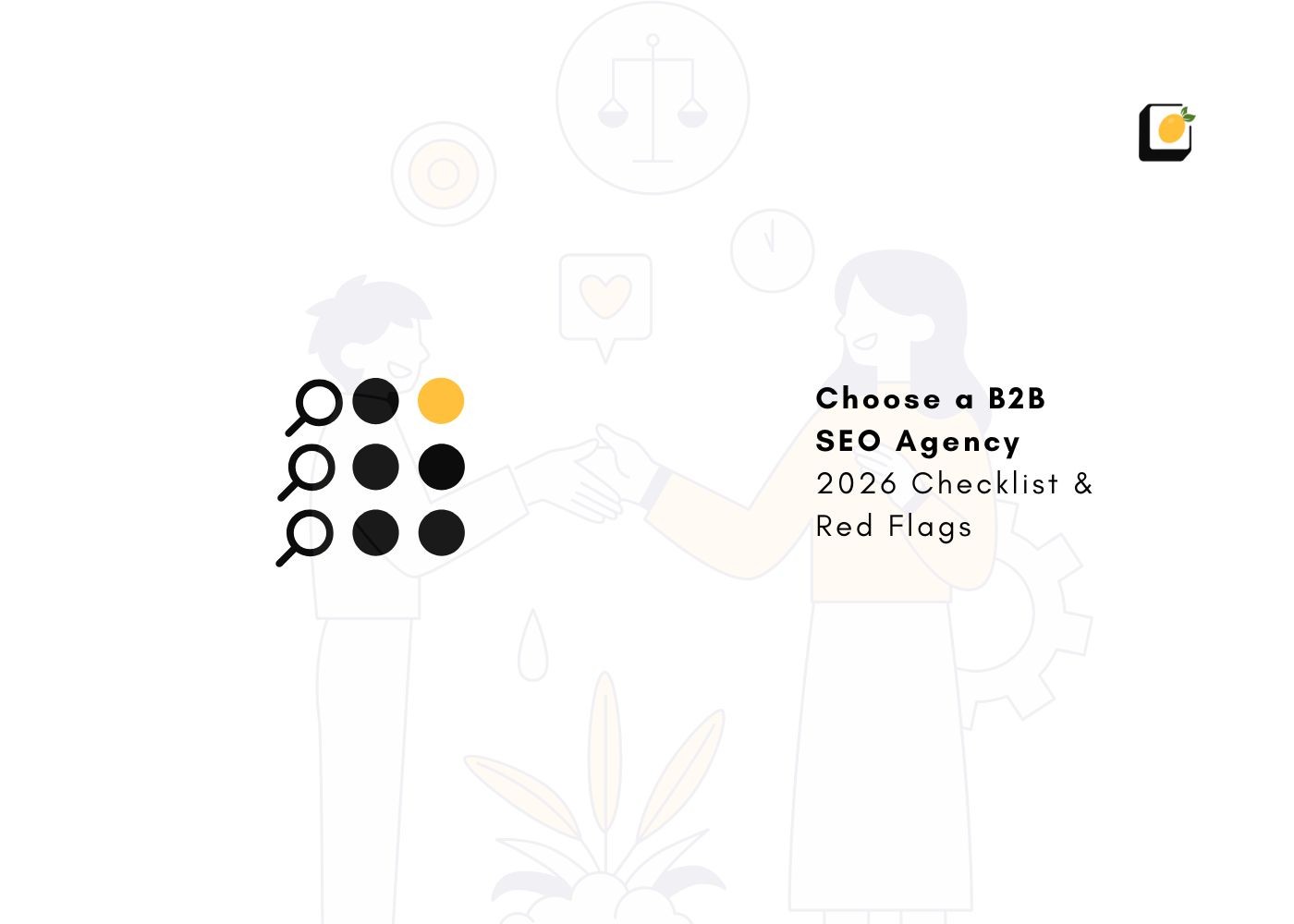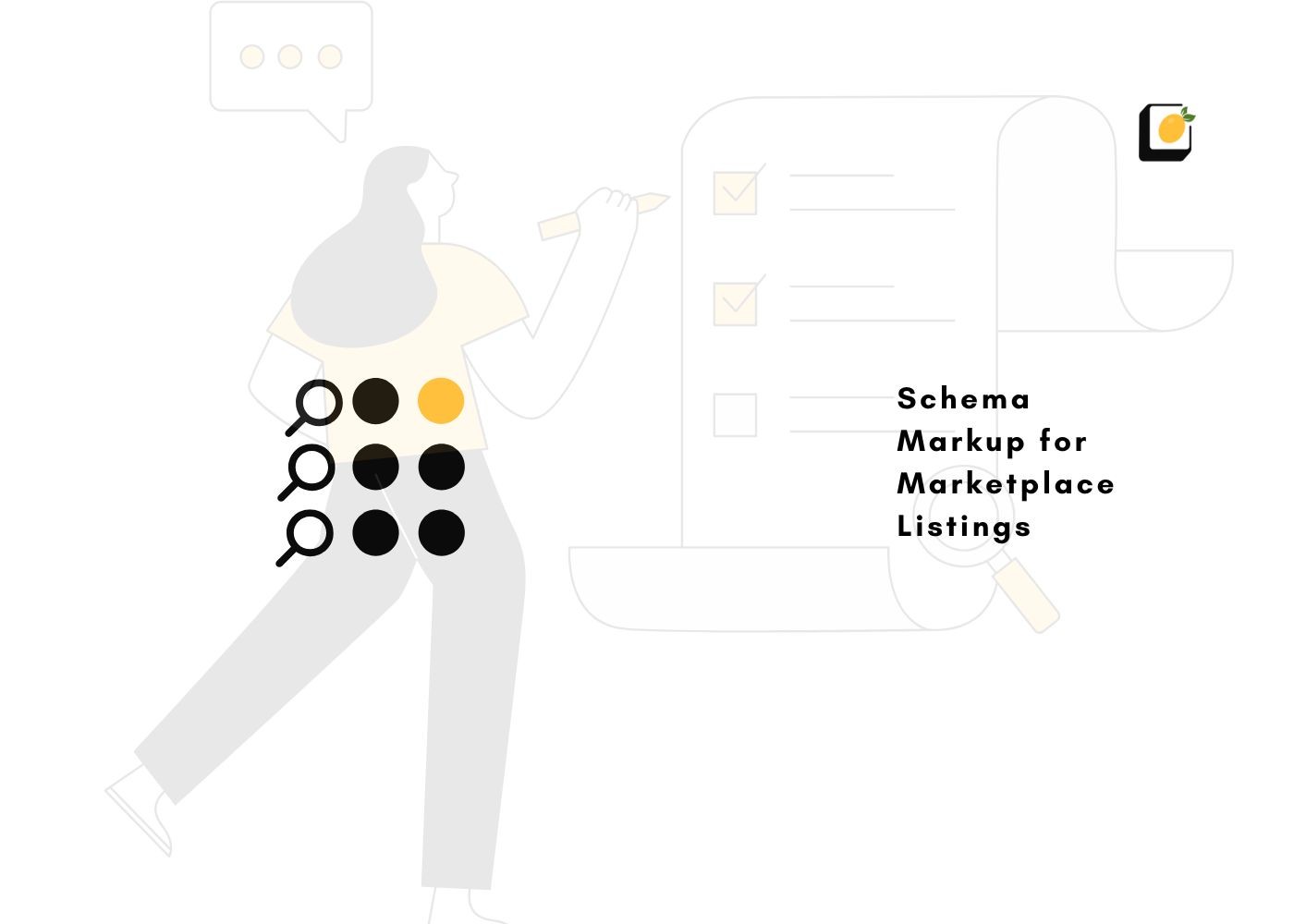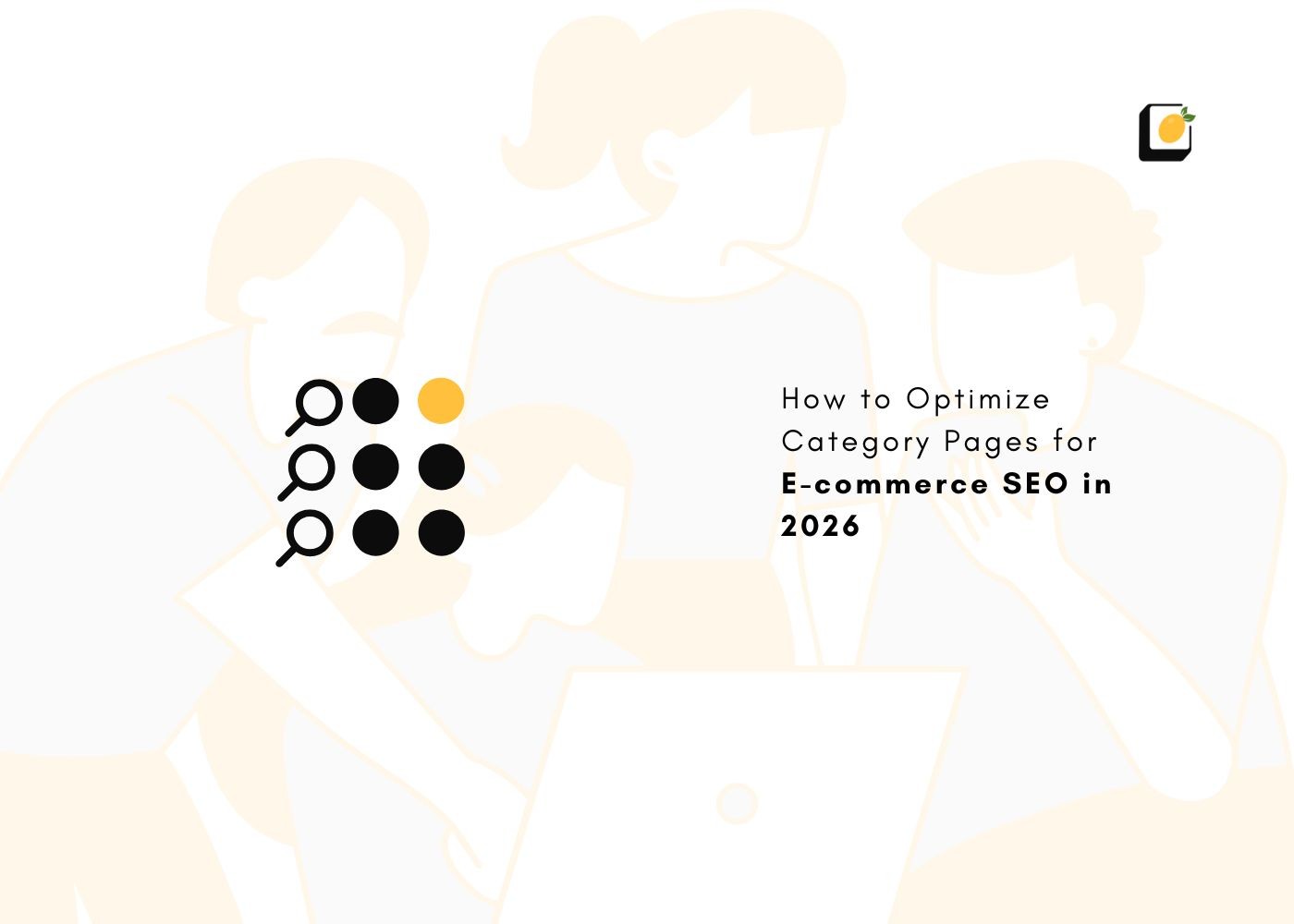Are AI Search Referrals the New Clicks? The Surprising Data
November 11, 2025
Join 500+ brands growing with Passionfruit!
What's Actually Happening with Search Right Now
Search just went through a major shift, and most marketers are still catching up.
AI-powered search platforms like ChatGPT, Perplexity, Gemini, and Google's AI Overviews are changing how people find information and make purchases. Half of all consumers now use AI-powered search, and McKinsey projects $750 billion in consumer spending will flow through AI channels in just three years .
But here's what's confusing everyone: AI search currently drives less than 1% of referral traffic, yet early data shows visitors from AI platforms convert at dramatically higher rates than traditional search users.
So what's the real story? Are AI search referrals actually replacing traditional clicks, or are we watching something completely different unfold?
The data tells a complicated story worth examining closely.
How Many People Actually Use AI Search in 2025?
The adoption numbers are real and growing fast.
McKinsey research shows 50% of consumers already use AI-powered search, spanning all age groups including most baby boomers . About 50% of Google searches now feature AI summaries, projected to rise above 75% in 2028 .
AI Overviews reached over 1.5 billion users monthly in Q1 2025, representing roughly 26.6% of all internet users globally.
But usage doesn't equal traffic.
BrightEdge data from January through August shows AI-driven search referrals stayed below 1% throughout the period Ahrefs research found AI search represents approximately 0.1% to 0.5% of total web traffic, varying based on site size and industry.
To put that in perspective: Google sends 345 times more traffic to websites than ChatGPT, Gemini, and Perplexity combined.
Meanwhile, 96.98% of clicks still happen in the top 10 traditional search results, with 54.29% of impressions occurring on the first page for desktop and 76% for mobile.
Why Do AI Search Visitors Convert 23x Better?
Now we get to the interesting part.
Ahrefs discovered visitors from AI search platforms generated 12.1% of signups despite accounting for only 0.5% of overall traffic. That means AI search visitors convert 23 times better than traditional organic search visitors.
Several factors explain the massive conversion advantage:
Purchase Intent Arrives Pre-Qualified: AI search users typically land on websites further along in the decision-making journey. People use AI to research options, compare features, and narrow down choices before clicking through .
Users Only Click When Ready: Unlike traditional search where people explore broadly, AI search provides curated answers. Users only click when genuinely interested in learning more or taking action .
Decision-Making Happens Earlier: About 40-55% of consumers in top sectors (consumer electronics, grocery, travel, wellness, apparel, beauty, and financial services) now use AI-based search specifically to make purchasing decisions .
The behavioral metrics reveal even more:
Ahrefs found AI visitors view 50% more pages per session than traditional search users and spend 8 seconds longer on site on average The bounce rate runs 5.4% higher, but that's not necessarily negative.
The shorter visit duration makes sense when you consider AI visitors often land directly on product or conversion pages, skipping content exploration phases typical of traditional search.
What's the Deal with Click-Through Rates?
Here's the catch: AI search platforms generate far fewer clicks overall.
Ahrefs data shows users click on web results 75% less often in AI chat interfaces compared to traditional search engines. That's a massive reduction happening because AI platforms provide comprehensive answers directly within the interface quick-answer queries like "when is the next full moon," users get what is needed without clicking through.
Zero-click searches have accelerated with AI features. Research indicates approximately 60% of Google queries now end without users clicking any links, as AI-generated answers fulfill intent directly on the SERP.
AI Overviews reduce clicks to websites on average 34.5%. However, impact varies significantly based on query type:
Informational queries: Highest zero-click rates
Transactional searches: Still generate strong click-through rates
Branded queries: Maintain relatively stable click behavior
When users do click from AI features, those clicks tend to be more valuable. Users click to "dig deeper and learn more," making interactions more meaningful than average clicks.
Where Will the $750 Billion in Consumer Spending Go?
McKinsey projects $750 billion in US consumer spending will flow through AI-powered search in 2028 . That represents a fundamental shift in how purchase decisions get influenced and where brands need visibility.
Consumer electronics and appliances see the highest usage of AI search for purchase decisions . As AI search becomes the primary research tool, brands in those categories must adapt or risk losing market share.
The relationship between traffic and revenue is being rewritten. Traditional SEO focused on maximizing click volume, but AI search introduces a quality-over-quantity dynamic.
If AI traffic scaled to just 25% of current organic traffic levels while maintaining the 23x conversion advantage, resulting conversions could potentially outpace traditional search channels.
That shifts strategic focus from traffic acquisition to presence optimization in AI responses.
How AI Platforms Choose What Information to Cite
One of the biggest differences between AI search and traditional SEO lies in source selection.
Research shows 80% of sources cited in AI search platforms don't appear in Google's traditional results, and only 12% match Google's top 10 results. Even more surprising, 86% of top-mentioned sources are not shared across ChatGPT, Perplexity, and Google AI features AI platform shows distinct citation preferences:
ChatGPT Selection Patterns:
Wikipedia accounts for 16.3% of citations
News outlets like Reuters and Apple News feature prominently (4-2.6%) 67% of ChatGPT's top 1,000 citations are "off-limits" to marketers, meaning not pitch-worthy or influenceable
Only 6.82% of ChatGPT results overlap with Google's top 10
Perplexity Preferences:
YouTube dominates with 16.1% of citations Wikipedia represents 12.5% of citations Shows stronger preference for video content than other platforms
Google AI Overviews Tendencies:
Wikipedia appears in 8.4% of citations Reddit is 3.4% more likely to be mentioned than expected Quora appears in 3.6% of top citations
YouTube accounts for 9.5% of citations
User-generated content sites are heavily favored freshness matters more than ever. AI platforms cite content 25.7% fresher than content cited in traditional organic resultsGPT shows the strongest recency bias, with 76.4% of most-cited pages updated in the last 30 days The platform even orders in-text references from newest to oldest.
What Happens When AI Overviews Appear in Search Results?
AI Overviews represent perhaps the most disruptive change to traditional search since paid ads arrived. With AI Overviews now appearing in 16% of US searches and 21% of all keywords, the impact on organic visibility is substantial.
Categories most affected include:
Science: 43.6% AI Overview share
Health: 43.0%
Pets & Animals: 36.8% People & Society: 35.3%
Meanwhile, shopping (3.2%), real estate (5.8%), and sports (14.8%) see lower AI Overview presence mentioned in AI Overviews correlates strongly with several factors:
Brand Authority Dominates: Brands in the top 25% for web mentions earn over 10 times more AI Overview mentions than the next quartile The top 50 brands appearing in AI Overviews account for 28.9% of all citations Rankings Still Matter**: 76% of AI Overview citations pull from pages ranking in Google's top 10 organic results However, rankings show only moderate correlation with visibility—being in the top 10 doesn't guarantee citation Profile Counts**: Being mentioned on highly linked pages has strong correlation with visibility in AI Overviews.
A concerning statistic: 26% of brands have zero mentions in AI Overviews. Even market leaders aren't guaranteed visibility in the new landscape.
Does AI-Generated Content Actually Rank in Search?
The debate about AI-generated content and SEO performance has been settled through data: AI content dominates top search results.
Research shows 74% of all new web content includes AI-generated elements. Perhaps more surprising: 86.5% of content in the top 20 Google results is at least partially AI-generated.
That flies in the face of early fears that Google would penalize AI content.
AI platforms themselves heavily cite AI-generated content. Studies show 91.4% of content cited in AI Overviews is at least partially AI-generated.
However, there's a notable caveat: purely AI-generated content rarely reaches position #1 in organic Google results The sweet spot appears to be AI-assisted human content—where AI aids efficiency but human expertise provides depth, originality, and perspective.
Research confirms no correlation exists between the amount of AI content in an article and search ranking position Similarly, no correlation exists between AI content percentage and citation order in AI Overviews.
The business case for AI content is compelling:
Cost Efficiency: AI content costs 4.7 times less than human-written content, averaging $131 per blog post versus $611 for human-written posts Production Speed: Marketers using AI publish 42% more content, with median monthly output of 17 articles versus 12 for those not using AI Growth Impact: Websites using AI grow 5% faster than those that don't
Critically, 97% of companies using AI maintain a review process and don't publish pure AI content The human-in-the-loop approach appears to be the winning formula.
Why Traditional Organic Search Still Dominates Traffic
Despite AI search's impressive conversion rates, traditional organic search remains the dominant traffic driver.
Google's own data confirms total organic click volume from Google Search to websites has remained relatively stable year-over-year. Moreover, Google reports average click quality has increased, sending slightly more quality clicks to websites than a year ago, where "quality clicks" are defined as those where users don't quickly click back.
Several factors ensure traditional search will remain critical:
Transaction Intent Works Better: For purchase-ready users, traditional search still provides the most direct path to conversion. While AI search excels at research, users often return to traditional search when ready to buy.
Brand Discovery Needs Time: Organic search rankings remain essential for building brand awareness and trust over time.
Content Depth Requires Pages: Users seeking comprehensive information, detailed guides, or in-depth analysis still prefer clicking through to full articles rather than relying on AI summaries.
Local Search Maintains Strength: Local queries maintain strong click-through rates as users need specific details like addresses, hours, and contact information.
How to Build an AI Search Strategy Without Abandoning SEO
As AI search continues to reshape SEO, a new discipline has emerged: Generative Engine Optimization (GEO). While SEO focuses on ranking your website, GEO focuses on getting your brand cited and recommended in AI platforms.
GEO differs from traditional SEO in several key ways:
Source Diversity Requirements: Instead of focusing solely on your website, GEO requires managing how your brand appears across the entire web ecosystem
Authority Building Focus: Brand mentions, authoritative backlinks, and third-party validation matter more than ever
Content Structure Shifts: Information must be structured for AI comprehension, not just human readers
Freshness Requirements: Regular content updates are critical for AI platform visibility
The most successful brands aren't choosing between SEO and GEO—both require investment. Here's how to approach the dual strategy:
For Traditional SEO Continue:
Optimizing for E-E-A-T principles
Focusing on high-quality keyword research
Building authoritative backlinks
Optimizing technical SEO fundamentals
For GEO Implement:
Content structured with FAQ schema for AI answers
Brand authority across multiple platforms
Regular content updates to maintain freshness
What Different Industries Need to Know About AI Search
E-Commerce Faces the Highest Stakes
E-commerce brands face perhaps the most dramatic shift. With consumer electronics seeing the highest AI search usage for purchase decisions , online retailers must adapt quickly.
The challenge: AI platforms prefer citing review sites, forums, and user-generated content over brand websites. For e-commerce SEO success, brands need to focus on managing presence across third-party platforms while ensuring own sites remain authoritative sources.
Complete e-commerce SEO strategies now must include GEO tactics specifically designed for product discovery in AI search.
Local Businesses See More Stability
Local SEO appears more insulated from AI disruption. Local queries maintain strong click-through rates because users need specific business information that AI summaries can't fully replace—like exact addresses, current hours, and real-time availability.
The local SEO 3-pack remains a critical visibility driver, and local businesses can continue standard local SEO tactics while gradually incorporating AI optimization.
B2B and SaaS Win with Quality Over Volume
For B2B companies and SaaS providers, AI search's quality-over-quantity dynamic aligns well with existing conversion strategies. Those industries typically deal with lower traffic volumes but higher customer lifetime values, making the 23x conversion advantage particularly valuable.
SaaS SEO strategies should focus on being cited as authoritative sources in AI responses for industry-specific queries, while maintaining strong traditional SEO for direct conversions.
What Metrics Actually Matter for AI Search Performance
Traditional metrics of SEO success—organic traffic, rankings, and impressions—tell an incomplete story in the AI search era. New KPIs are emerging:
AI Citation Frequency: How often does your brand get mentioned in AI responses?
Share of AI Voice: What percentage of AI citations in your category reference your brand versus competitors?
AI-Driven Conversion Rate: What's the conversion rate of visitors from AI search platforms?
Brand Authority Signals: Web mentions, branded anchors, and branded search volume—showing strong correlation with AI visibility
Tracking performance requires new tools and approaches. Currently, only 16% of brands systematically track AI search performance —a gap representing both challenge and opportunity.
Google itself has acknowledged click quality matters more than click quantity. The search giant reports with AI Overviews, people see more links on the page than before, creating more opportunities for websites to surface and get clicked.
When users do click from AI features, those clicks tend to be more valuable. Users click to "dig deeper and learn more," making interactions more meaningful than average clicks.
How Content Strategy Must Change for AI Search
From Content Creation to Content Engineering
The rise of AI search demands a fundamental shift in content strategy. Success no longer comes from simply producing more content—success requires engineering content that serves both human readers and AI systems.
Key elements of the new approach include:
Structured Data Implementation: Using schema markup effectively to help AI platforms extract information
Answer-First Format: Leading with clear, direct answers before providing context and detail
Multi-Platform Presence: Ensuring expertise appears not just on your website but across forums, review sites, and industry publications
Regular Updates: Maintaining content freshness through systematic updates rather than one-off publication
Editorial Thinking Rises in the Post-Writing Era
We're witnessing what some call "the rise of editorial thinking in the post-writing era." As AI handles content generation, human expertise shifts toward editorial judgment—deciding what to say, how to position content, and where to distribute for maximum impact.
Focus areas include:
Original research and unique perspectives
First-hand experience and expertise
Thoughtful analysis rather than information compilation
Strategic content distribution across the digital ecosystem
How to Optimize for Specific AI Platforms
Getting Visibility in ChatGPT
As the dominant AI traffic driver (accounting for over 80% of AI referral traffic), ChatGPT deserves special attention. To increase ChatGPT visibility:
Focus on news-worthy, timely content (ChatGPT strongly prefers fresh information)
Create comprehensive, authoritative resources that merit citation
Understand traditional SEO tactics have limited correlation with ChatGPT citations
Build presence on news and publisher sites that ChatGPT favors
Remember 28% of ChatGPT's most-cited pages have zero organic visibility in Google search suggesting ChatGPT optimization requires distinct strategies.
Winning in Google AI Overviews
Ranking in AI Overviews requires using existing SEO foundation while adding new elements:
Maintain strong traditional rankings (76% of citations come from top 10 pages)
Build brand authority through web mentions and branded anchors
Create content for categories where AI Overviews are prevalent
Optimize for user-generated content sites like Reddit and Quora, which AI Overviews favor
Using GPT prompts specifically designed for GEO can help structure content for maximum AI Overview visibility.
Perplexity and Gemini Considerations
While smaller traffic drivers, platforms show unique characteristics:
Perplexity: Heavily favors video content (16.1% YouTube citations making video SEO crucial for Perplexity visibility
Gemini: Shows preference patterns similar to Google AI Overviews but with distinct weighting of authority signals
How Paid Search Fits into an AI World
Paid and Organic Synergy Matters More
As organic visibility becomes more unpredictable with AI features, the relationship between SEO and SEM grows more important. Paid search continues appearing above AI Overviews and organic results, maintaining consistent visibility.
Smart marketers balance paid and organic strategies:
Using paid search to maintain visibility for high-value queries affected on AI Overviews
Using organic SEO for long-tail queries and brand building
Testing messages in paid campaigns before investing in content creation
Using paid data to inform organic strategy
The Future of AI Advertising
Looking ahead, AI platforms are testing paid ad formats. As AI agents evolve to make purchase decisions autonomously, ads in AI search will reshape brand discovery and customer acquisition fundamentals.
Early movers who grasp both organic and paid sides of AI search will have significant advantages as platforms monetize.
What Tools You Need for AI Search Success
Essential AI SEO Tools
Success in AI search requires new tools and capabilities. The market is rapidly evolving, with platforms now offering:
AI citation tracking across multiple platforms
GEO-specific optimization recommendations
Brand authority measurement
AI search visibility monitoring
When evaluating AI SEO tools and platforms, look for comprehensive coverage across both traditional search and AI platforms.
Automation and Workflow Integration
AI workflow tools are becoming essential for managing increased complexity of multi-platform optimization. Tools help automate:
Content updates for freshness
Schema markup implementation
Multi-platform content distribution
Performance monitoring across AI and traditional search
What Patterns Emerge from Successful Brands
High-Converting Traffic at Scale
Companies using AI search successfully share common patterns:
Strong traditional SEO foundations maintained
Investment in brand authority building across the web
Genuinely useful, experience-based content created
Content updated regularly to maintain freshness
Both traditional and AI-specific metrics tracked
The 23x conversion advantage isn't automatic—strategic optimization across the entire digital presence is required.
Category-Specific Wins
Different industries are finding success through different approaches:
Consumer Electronics: Focusing on product comparison content and technical specifications that AI platforms cite frequently
Financial Services: Building authority through expert analysis and first-party research establishing thought leadership
Healthcare: Using E-E-A-T signals and medical expertise to win authoritative citations
E-commerce: Managing presence across review platforms and user-generated content sites where AI platforms source product recommendations
Common Mistakes Brands Make with AI Search
Abandoning Traditional SEO for AI
Perhaps the biggest mistake is abandoning traditional SEO for exclusive focus on AI optimization. The data is clear: traditional search still drives the vast majority of traffic and will continue to do so.
The winning approach combines both, recognizing each serves different purposes in the customer journey.
Ignoring Brand Building
With brand authority showing the strongest correlation with AI visibility neglecting brand building in favor of purely tactical SEO is a critical error. Why your brand's organic SEO matters is essential for long-term success.
Publishing Pure AI Content Without Review
While AI content performs well, the 97% of successful companies maintaining human review processes do so for good reason. Pure AI content without editorial oversight tends to lack depth, originality, and perspective that earns authoritative citations.
Failing to Track AI Performance
Only 16% of brands systematically track AI search performance . Without measurement, most companies can't identify what's working, what's not, or how to allocate resources effectively between traditional and AI search optimization.
What to Expect from AI Search in 2026-2028
AI Search Growth Trajectory
If current trends continue, we can expect:
AI search share growing from under 1% to potentially 5-10% of total web traffic through 2028
The $750 billion in consumer spending through AI search to materialize
Further refinement of AI platform citation algorithms
Continued evolution of paid advertising within AI platforms
The Quality vs. Quantity Equation
Even if AI search never matches traditional search volume, the quality advantage means brands optimized for AI search could see disproportionate returns. A 23x conversion advantage means even small volumes of AI traffic can significantly impact business results.
Integration and Convergence
The lines between traditional search and AI search will blur. Google's integration of AI Overviews into traditional search results is just the beginning. Expect:
Further AI features embedded throughout the search experience
Traditional search engines incorporating more conversational AI elements
AI platforms developing advertising systems
Increasing sophistication in AI's ability to grasp commercial intent
What Actions to Take Starting Today
Immediate Actions (Week 1)
Audit current AI search visibility across ChatGPT, Perplexity, and Google AI Overviews
Establish baseline metrics for AI citations and brand mentions
Review content for AI-readability and structured data implementation
Identify top-performing traditional SEO content and assess AI search potential
Short-Term Strategy (Months 1-3)
Develop a content update schedule prioritizing freshness for high-value topics
Implement comprehensive schema markup across priority pages
Expand brand presence on platforms AI search engines favor (forums, review sites, industry publications)
Create GEO-specific content strategies alongside traditional SEO
Long-Term Vision (6-12 Months)
Build cross-functional teams combining SEO, content, and brand marketing expertise
Invest in tools and technologies for comprehensive AI search monitoring
Develop systematic processes for content optimization across both traditional and AI search
Establish thought leadership initiatives to build brand authority driving AI citations
The Real Answer: Both/And, Not Either/Or
So, are AI search referrals the new clicks? The data suggests a more nuanced answer: AI referrals are becoming an additional type of high-value interaction, but aren't replacing traditional clicks—at least not yet.
The numbers tell a clear story:
AI search drives less than 1% of traffic but converts 23x better
Traditional search still delivers 345x more traffic than AI platforms
Consumer behavior is shifting rapidly, with 50% already using AI search
Through 2028, $750 billion will flow through AI-powered search channels
The strategic imperative is clear: maintain excellence in traditional SEO while simultaneously building for AI search. The brands that win will be those recognizing the expanded playing field where both traditional and AI search serve critical roles in the customer journey.
The surprising data reveals not a replacement of one channel another, but the emergence of a more complex, multi-platform search ecosystem. Success requires grasping unique characteristics of each platform, optimizing for both quality and quantity, and maintaining flexibility to adapt as platforms continue evolving.
The future of search isn't about choosing between traditional clicks and AI referrals—success means mastering both to maximize visibility, engagement, and conversions across the entire search landscape.
Frequently Asked Questions
How much traffic does AI search currently drive?
AI search platforms like ChatGPT, Perplexity, and Gemini currently drive less than 1% of total web referral traffic. While volume is minimal, traffic quality is exceptionally high, with AI search visitors converting 23 times better than traditional search visitors according to Ahrefs data do AI search visitors convert so much better than traditional search users?**
AI search visitors demonstrate higher conversion rates because arrivals happen further along in the decision-making journey. People have already used AI platforms to research options, compare alternatives, and narrow choices before clicking through. Additionally, AI provides curated answers, so users only click when genuinely interested in taking action, resulting in more qualified, purchase-ready traffic .
Will AI search replace traditional SEO?
No, traditional SEO will remain critical for the foreseeable future. Google sends 345 times more traffic than all AI platforms combined, and 96.98% of clicks still happen in the top 10 traditional search results. Rather than replacing traditional SEO, AI search is creating an additional optimization opportunity. The winning strategy combines both traditional SEO and Generative Engine Optimization.
How can I optimize my content for AI search platforms?
To optimize for AI search, focus on: implementing structured data and schema markup, creating fresh, regularly updated content (AI platforms prefer content 25.7% fresher than traditional search citations), building brand authority through web mentions and citations, ensuring content appears in sources AI platforms cite (like forums, review sites, and authoritative publications), and structuring information with clear, direct answers followed supporting context.
What's the difference between SEO and GEO?
SEO (Search Engine Optimization) focuses on ranking your website in traditional search engines like Google. GEO (Generative Engine Optimization) focuses on getting your brand cited and recommended in AI platforms like ChatGPT, Perplexity, and Google's AI Overviews. While SEO emphasizes owned content and website, GEO requires managing how your brand appears across the entire web ecosystem, including third-party sites, forums, and review platforms .
Which AI search platform sends the most traffic?
ChatGPT dominates AI referral traffic, accounting for over 80% of all AI search traffic to websites. Share has grown 30% since previous studies, with ChatGPT experiencing 85% traffic growth since January. Perplexity has recently overtaken Gemini as the second-largest AI traffic referrer, though both remain significantly smaller than ChatGPT.
How does content freshness affect AI search visibility?
Content freshness is significantly more important for AI search than traditional SEO. AI platforms cite content 25.7% fresher than content cited in traditional search results. ChatGPT shows the strongest recency preference, with 76.4% of most-cited pages updated within the last 30 days. The platform even orders references from newest to oldest.
Do AI Overviews hurt organic click-through rates?
Yes, AI Overviews reduce clicks to websites on average 34.5%. However, impact varies based on query type—informational queries see the highest reduction, while transactional and branded queries maintain relatively stable click behavior. When users do click from AI Overviews, those clicks tend to be higher quality, with users more engaged and conversion-ready.
Can AI-generated content rank in search engines?
Yes, AI-generated content ranks effectively in both traditional and AI search. Research shows 74% of all new web content includes AI-generated elements, and 86.5% of content in Google's top 20 results is at least partially AI-generated. Even AI Overviews cite 91.4% AI-generated content. However, purely AI content rarely reaches position #1—the most successful approach combines AI efficiency with human expertise, perspective, and editorial oversight
How important is brand authority for AI search visibility?
Brand authority is critically important for AI search—more so than traditional SEO. Brands in the top 25% for web mentions earn over 10 times more AI Overview mentions than the next quartile. The strongest correlations with AI visibility are branded web mentions, branded anchors, and branded search volume—all stronger than traditional backlink metrics. Notably, 26% of brands have zero mentions in AI Overviews, highlighting the importance of proactive brand building
Ready to optimize your brand for both traditional and AI search? Get started with Passionfruit and see how our AI-powered SEO platform helps you rank across all search experiences.



